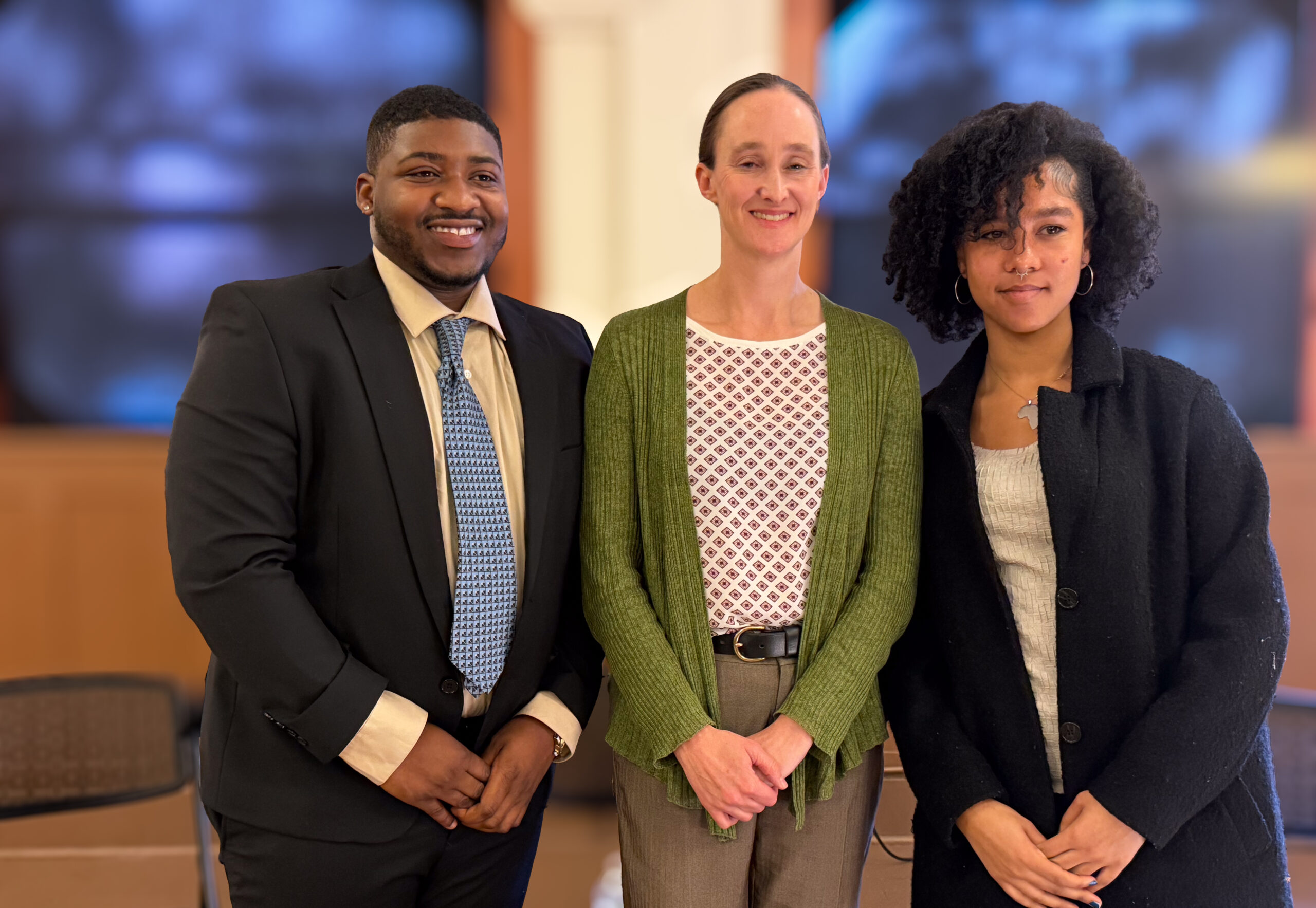Organizers: King County Equity Now
Moderator: Latricia Jackson & Fynniecko Glover Jr
Location: Brunch & Ballots Voter Education Forum
Candidates: Katie Wilson & Bruce Harrell (Not In Attendance)
Opening & Introductions
Moderator:
Thank you for joining us. To start, tell the folks who you are and why you’re running for Mayor of Seattle.
Katie (Candidate):
I’ve lived in Seattle for over 20 years — my husband and I moved here in 2004 when rent was $400 a month for a room. I’ve seen Seattle change so much since then — some good, but much of it has made the city unaffordable for youth, elders, and working families, especially the Black community.
For the last 14 years, I’ve been a community organizer and coalition builder, working to transform policies for working families. I’ve helped win free transit for youth statewide, and organized the coalition that led to one of the highest minimum wages in the country.
I’m running for Mayor because this is the best way I can continue that work — giving everyday people a real voice in decisions that affect their lives.
Executive Action for Black Generational Wealth
Moderator:
Black families have been systematically pushed out of Seattle. As Mayor, what executive actions would you take in your first 100 days to begin creating pathways for Black generational wealth?
Katie:
Seattle’s history of redlining and displacement requires direct action. In my first 100 days, I would convene every organization currently working on affordable Black homeownership and anti-displacement, including groups like Resource Equity Association, who are building intergenerational housing models that allow displaced family members to return to Seattle.
My administration would expand funding and coordination to support affordable homeownership, especially multigenerational models that help families stay rooted in community.
Land Use & Gentrification
Moderator:
The Central District was historically a Black community. What land use and housing policies would you implement to reverse gentrification and support Black property ownership?
Katie:
I would prioritize city-owned and public land for community-led development, making sure it’s available to organizations like Africatown that center Black ownership and culture.
We also need to expand shared-equity and cooperative housing models, like those being piloted by HomeSight, that make ownership affordable for middle-income families.
As a renter myself, I understand that renters deserve stability too — affordable renting should also mean a dignified life where people can raise families and thrive in Seattle.
Reparations
Moderator:
Do you support the Mayor’s proposed reparations framework?
Katie:
Yes, I do. I know there’s a diversity of opinions within the Black community about how reparations should look, and I want to be part of designing a program that reflects that.
I believe reparations in Seattle must be community-informed, legally sound, and actionable — not symbolic. We must work collaboratively across local and state levels to make that real.
Funding Reparations and Black Economic Support
Moderator:
How would you move from discussion to real action — what specific funding or programs would you create to support Seattle’s Black community?
Katie:
At the state level, we’ve seen important movement, such as the homeownership covenant program that funds down-payment assistance. In Seattle, we can go further — for example, expanding access to affordable homeownership and wealth-building programs while ensuring legal frameworks support reparations at the city level.
We’ll need to be creative about funding — exploring progressive revenue and public-private partnerships — ensuring that we don’t balance budgets on working families but instead require those with market power to contribute their fair share.
Gun Violence & Youth Safety
Moderator:
Gun violence disproportionately affects young Black men. Beyond policing, what prevention and intervention programs would you scale?
Katie:
This issue is deeply personal for so many families. We have incredible local organizations doing community-based violence prevention — but the city hasn’t supported them with the coordination or strategy they deserve.
My administration would bring these partners together to co-create an evidence-based citywide violence prevention model, similar to successful approaches in Boston and Baltimore.
Anti-Displacement & Development Fund
Moderator:
Would you support a billion-dollar anti-displacement fund focused on Black development?
Katie:
Yes. I support creating a $1 billion reparative development fund through public-private partnerships, county collaboration, and progressive revenue sources.
We’ll need to align multiple funding levels, hold the private sector accountable, and design funding structures that don’t just rely on existing city budgets.
Black Youth Economic Opportunity
Moderator:
What programs would you implement to create real economic opportunity for Black youth?
Katie:
We need a continuum of support — from affordable childcare and youth programs for working families, to paid internships, apprenticeships, and mentorships for teens.
I’d like to pilot free summer care programs for school-age children through community centers and expand city partnerships that create paid youth employment and career pathways into good, unionized jobs.
Small Business & Public Safety
Audience Member:
Small businesses on Rainier Avenue are struggling — vandalism, homelessness, and drug activity are hurting business. What’s your plan to protect us?
Katie:
We need a smarter approach to public safety — not endless sweeps that destabilize people, but real emergency housing and shelter options so people can get off the streets.
I also want to restore community policing models, where officers are consistently assigned to neighborhoods, build relationships, and collaborate with small business owners.And yes — we need to fix the reimbursable grant system that burdens business owners. I’ll explore upfront grants and simplify permitting across city departments to make business recovery easier.
Closing Reflection
Audience Member:
How will you ensure your administration truly understands race and class analysis — not just poverty, but systemic racism?
Katie:
I’m a listener. I know I don’t know everything, and I’m committed to building an administration that includes people with race and class analysis at its core.
Our country was founded on the exploitation of Black people, and that history still shapes Seattle. My role is to listen, learn, and work alongside community leaders to dismantle those systems — not replicate them.

